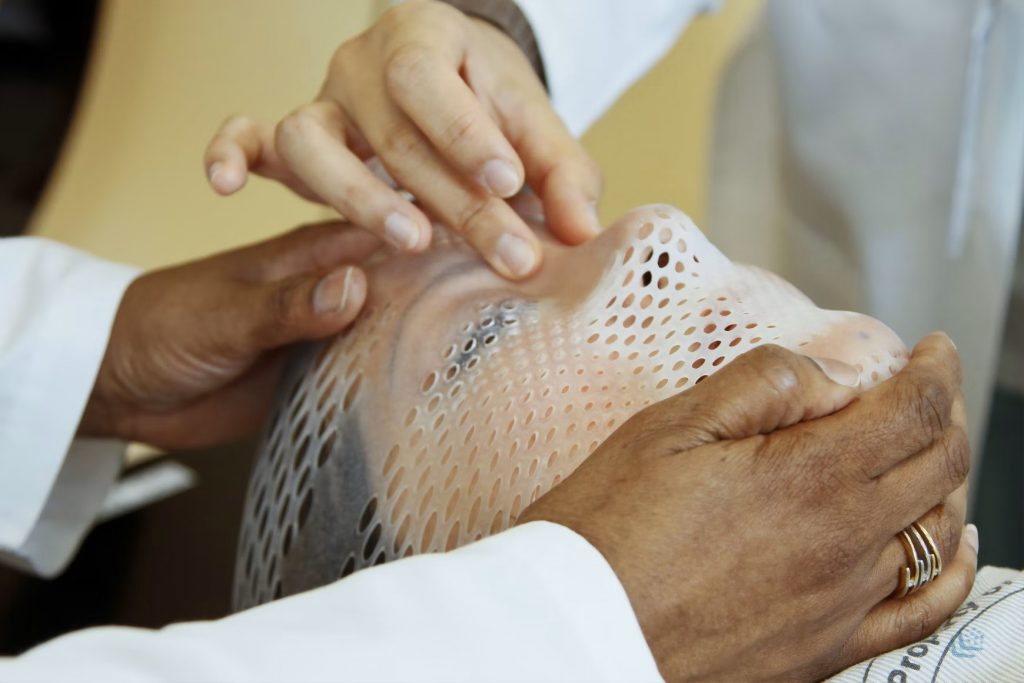The cancer epidemic is not slowing down. In 2020, it was estimated that there were 150,000 new cases of cancer diagnosed and 50 thousand deaths from this disease alone. Over three in five people surveyed (61%) indicate that they are or have been affected by the disease to some degree.
The positive news is that radiation therapy can be an effective cancer treatment in the early and late stages. So it is not surprising that cancer therapies are among the most researched and developed medical interventions. To learn more about radiation therapy, keep reading!
What are the most common cancers types?
There are many types of cancer, but the five most common cancers are prostate cancer, breast cancer, lung cancer, colorectal cancer and melanoma. This group of five cancers accounts for almost 60% of all cancers diagnosed in Australia. Here are some jarring facts about cancer.
- Breast cancer is responsible for more than a quarter (27%) of all new cancers in women.
- About one in seven (14%) men will develop prostate cancer at some time in their lives.
- Colorectal cancer is Australia’s second most frequent type of cancer, after breast cancer.
How is this therapy used to treat cancer?
Radiation therapy uses high-energy beams of radiation to kill cancer cells. The radiation affects the genetic material of the cells, so they can no longer divide and grow. It can treat various kinds of cancer, including head and neck cancers, lung, breast, prostate, and bowel. It may also be used to control cancer that has come back after treatment with other therapies.
The therapy is usually given as a course of treatment over several weeks. The number of treatments you need depends on the type and stage of cancer you have.
Some people may have this therapy as an outpatient procedure, which means they go home after each treatment. Others may need to be admitted to the hospital for a few days each week.
When should you prefer this therapy?
It is not the best treatment for everyone. But, in the below cases, this therapy may be the best choice for you.
- If cancer has spread to a sensitive area: It is often used to treat cancers that are located near vital organs or tissues, such as the brain, spinal cord, eyes, and lungs.
- If other treatments haven’t worked: You can consider this therapy if other treatments, such as surgery or chemotherapy, have not worked.
- If you want to avoid surgery: People may choose radiation therapy if they do not want surgery.
- If you are older: This therapy is often used in older people, as it is less likely to cause severe side effects than other treatments.
When to avoid?
Some cases when it is not recommended:
- This therapy should not be used during pregnancy as it can cause congenital disabilities.
- People with active infections should not have this therapy.
- If you have had this therapy to the head or neck in the past. This increases the risk of developing cancer in these areas in the future.
- If you are very frail, you may not tolerate the treatment.
Now, you can easily make an informed decision about whether this is the right treatment for you!

